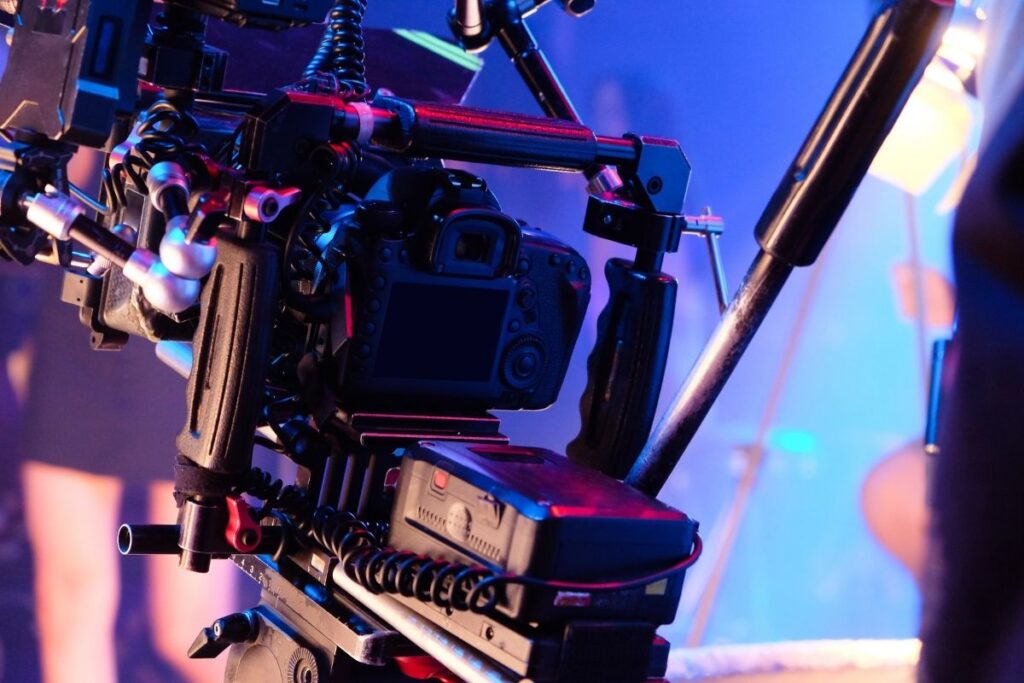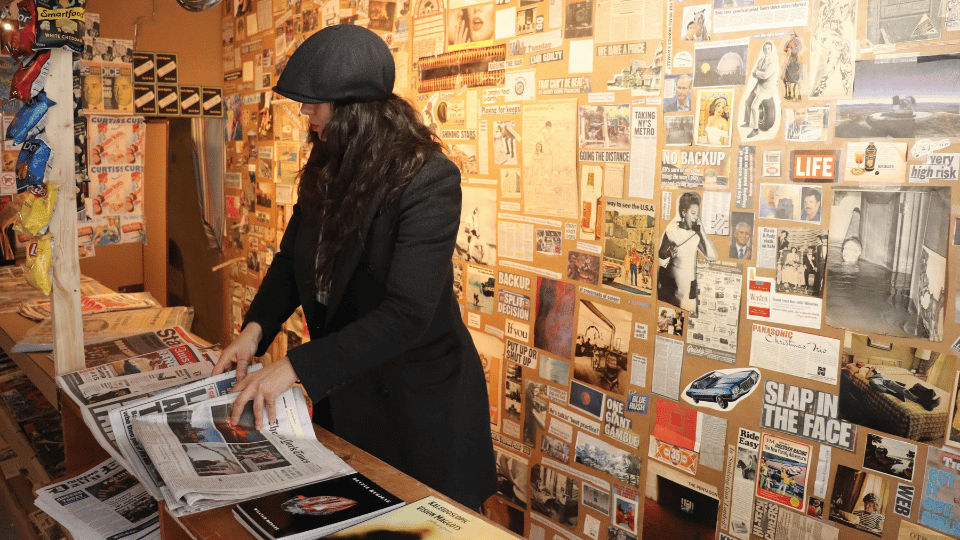“World War II comes along, and they have to develop a camera. They develop a camera in World War II to be on the battlefield and capture the action. This was a revolution,” Says Janet Grillo.
It was a revolution in the way that newsreels were being made and showing people what was really happening on the front lines. If you went into a movie theater in those years, in the ’30s there’d be a newsreel because people didn’t have TV’s back then. You’d go into a movie theater, and there’d be a newsreel with footage of what was happening on the Western front, and then you’d watch your movie.
Things evolved even further. Those cameras were more lightweight. They could be carried and brought into the field. After World War II, a lot of filmmakers started to think ‘what if I took that camera and that technology. What could I do with it? Where could I go?’ They took these lighter cameras, and they went into the streets.
Important Italian filmmakers started the birth of Italian cinema in the 40s and 50s right after the war. They were telling very authentic, true stories about their experiences. Vittorio De Sica, the Bicycle Thieves. Open City, Rossellini. Really important, beautiful movies. Umberto D., Vittorio De Sica. They’re taking these lightweight cameras, and they’re moving into the world and the post-World War wreck that was Italy. They’re poignant, human stories, and oftentimes they’re not using actors. They’re using real people.
This knocks the film-going audience off its feet. This is a revolution in terms of what cinema is. What it can be. The French picked up on this right away, and they created the whole Cinéma Vérité. The truth. The truth of cinema. It has related to documentation and documentary film. The kinds of ways that cameras can move fleetingly, fluidly, naturalistically to capture moments and do weird things in weird places.
Then you have Auteur theory coming up, with this whole birth in the ’50s and ’60s that the French filmmakers were enthralled and respectful of the films that are made in the studio by Alfred Hitchcock. They respected what he was doing, but they were also very excited with how they could change things. The Auteur film is the author. Auteur means author. The camera is the pen, and they can use that fleetingly and quickly.








